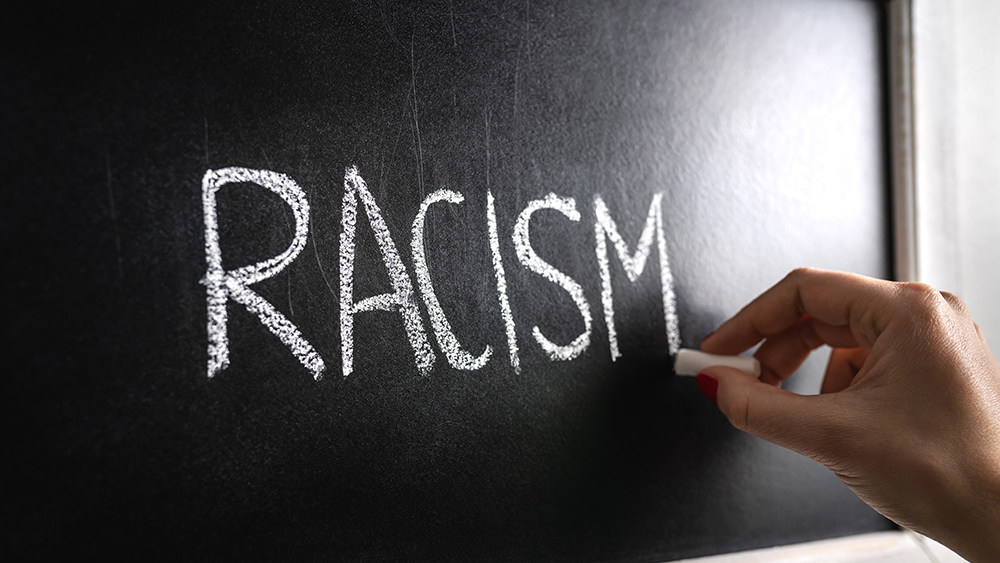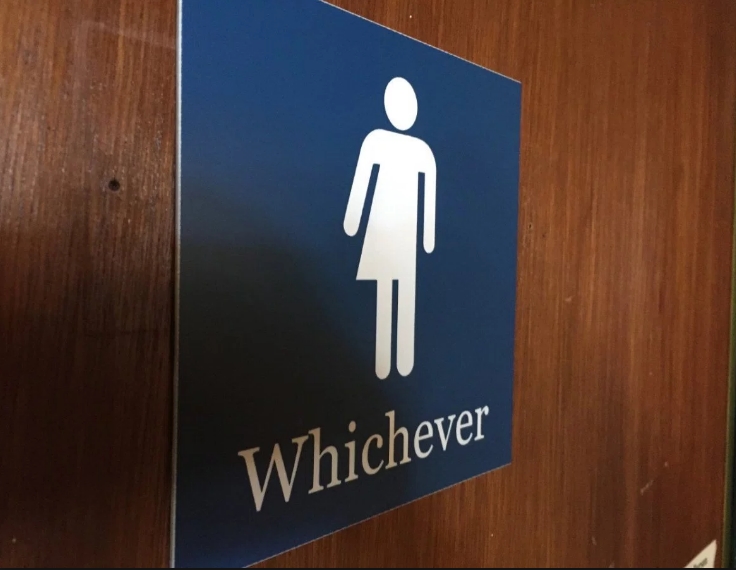
This week I testified in the Senate about the erosion of free speech and academic freedom in our universities where professors are being punished or even fired for expressing viewpoints that challenge a new orthodoxy on our campuses, particularly with regard to racial and political issues. The latest example can be found this week at the University of Pittsburgh, which has removed Associate Professor of Medicine Norman Wang was removed from his position as Program Director of the Electrophysiology Fellowship. The removal was in direct response to Wang publishing an article in a peer-reviewed journal that questioned the use of affirmative action in medical schools admissions. The action raises serious concerns over both free speech and academic freedom. The only thing more unsettling than the actions of the university was the relative silence of his colleagues throughout the University of Pittsburgh as he was punished for expressing his academic views.
(Article republished from JonathanTurley.org)
In the white paper in the Journal of the American Heart Association, Wang wrote:
“Racial and ethnic preferences at both the undergraduate and professional school levels for blacks and Hispanics result in relatively weak academic starting positions in classes. This has been postulated to lead to poor performance through compounding ‘academic mismatch,’ stress?related interference, and disengagement. Many do not complete their intended programs or do not attain academic success to be attractive candidates for subsequent educational programs or employment….
“We will have succeeded when we no longer think we require black doctors for black patients, chicano doctors for chicano patients, or gay doctors for gay patients, but rather good doctors for all patients.’ Evolution to strategies that are neutral to race and ethnicity is essential. Ultimately, all who aspire to a profession in medicine and cardiology must be assessed as individuals on the basis of their personal merits, not their racial and ethnic identities.”…
According to MedPage Today, the Journal announced that it was reevaluating the paper and Editor Barry London, MD, PhD, attached an apology to the paper, saying JAHA “will support all efforts to correct this error, including but not limited to the publication of alternate viewpoints, which we solicited at the time of publication but have not yet been submitted to the journal. In addition, we will work to improve our peer review system to prevent future missteps of this type.”
I am not in a position to judge the merits of the entire paper. However, Wang was expressing his academic view and defending that view with what he considered to be supporting data. He is challenging commonly held positions to be sure in writing such things as “There exists no empirical evidence by accepted standards for causal inference to support the mantra that ‘diversity saves lives.'”
The pledge to publish “alternative viewpoints” is a good one. That is what academic debate and free speech is all about. However, the report that Wang has been stripped of one of his positions is deeply disturbing. There must be room for debate over the efficacy and basis for affirmative action in our schools. Wang clearly does not support such programs, at least to the degree that they have been used in admissions. It is a view that is consistent with some of the members of the Supreme Court in cases like Schuette v. Coalition to Defend Affirmative Action (2014) and Regents of the University of California v. Bakke (1978).
Yet, Wang has been apparently been removed from his position as Program Director of the Electrophysiology Fellowship.
Once again, I am less concerned with the merits of the debate as I am the right to have such a debate. The action taken against Wang clearly sends a signal that such unpopular views will not be tolerated. The “reevaluation” orders by the Journal also raises the concern that the type of cringing compliance that we saw recently at the New York Times is now invading our academic journals.
While the UPitt handbook is relatively understated in its expression of support for academic freedom, it does declare in Article II that “Autonomy and freedom of inquiry are required for the University to carry out its mission.” Simply because Professor Wang does not endorse the use of affirmative action in admissions does not mean that those views impact his treatment of students or countermand any university policies. Indeed, he presented his views for debate in a respected academic journal. The objection is not that he is right in these views but that he has a right to express them without punishment or retaliation.
Read more at: JonathanTurley.org
Please contact us for more information.





















